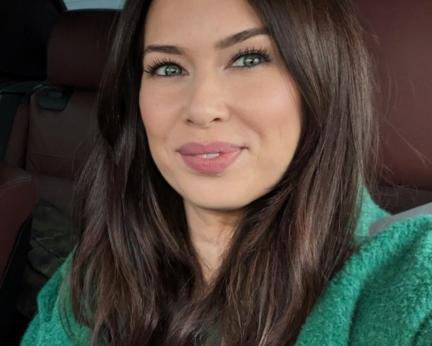"Occupational therapy is an allied health profession that really puts people at the centre of our work."
Rachel's dedication to holistic care led her to a career where she can make a real difference to peoples’ lives.

Rachel Rule
Lead occupational therapist
- Employer or university
- Livewell Southwest
Rachel's love for caring for others led her to a degree where she can make a real difference to peoples’ lives.
What made you decide to become an occupational therapist?
I was working as a support worker with neurodiverse young adults and started to think about my career prospects. I had always been drawn to the more holistic elements of care and was lucky to receive high quality training in person centred care planning in my support role. I had worked with a variety of professionals including Psychiatrists, Psychologists, Mental Health and Learning Disability Nurses and Social Workers but whilst I highly respected them, none of these roles really felt right for me. That was when I landed upon a Plymouth University application for Occupational Therapy.
Describe occupational therapy?
Occupational therapy is an allied health profession that really puts people at the centre of our work. We work with people across their whole life, with a focus on helping people live the lives that they want to live.
We cover the whole breadth of psychological, physical and spiritual aspects of a person. Our aim is to really get to know people, their values, roles and identities, to understand what motivates them and learn what is most meaningful in their lives.
We have a central belief that ‘occupation’ (the activities that we do in our day to day lives) impact our mental, physical and spiritual wellbeing. We can also explore things that we do that can negatively impact our wellbeing but still hold meaning for a person.
Occupational therapists often become involved in a person’s care when they are struggling to do the things that they want, need or are expected to do. We would then complete a full assessment with that person and work with them come up with adaptations and try to encourage as much independence as the person wishes for.




